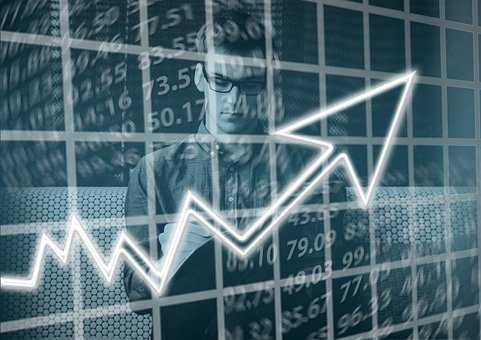Marginal Cost
Producers consider marginal cost, which is the small but measurable change in the expense to the business if it produces one additional unit.
In producing a product, efficiency in productivity can result in making more products in the same amount of time. The cost of raw materials may also go down if it is purchased in bulk, therefore, decreasing the marginal cost.
62
316 reads
CURATED FROM
IDEAS CURATED BY
The idea is part of this collection:
Learn more about moneyandinvestments with this collection
How to build positive relationships with colleagues and superiors
How to navigate office politics without compromising your values
How to handle conflicts and difficult situations in the workplace
Related collections
Similar ideas to Marginal Cost
Marginal Benefit vs. Marginal Cost
Marginal benefit and marginal cost are two measures of how the cost or value of a product changes.
- The marginal benefit is a measurement from the consumer side. It is the maximum amount of money a consumer is willing to pay for an additional good or ...
Read & Learn
20x Faster
without
deepstash
with
deepstash
with
deepstash
Personalized microlearning
—
100+ Learning Journeys
—
Access to 200,000+ ideas
—
Access to the mobile app
—
Unlimited idea saving
—
—
Unlimited history
—
—
Unlimited listening to ideas
—
—
Downloading & offline access
—
—
Supercharge your mind with one idea per day
Enter your email and spend 1 minute every day to learn something new.
I agree to receive email updates
